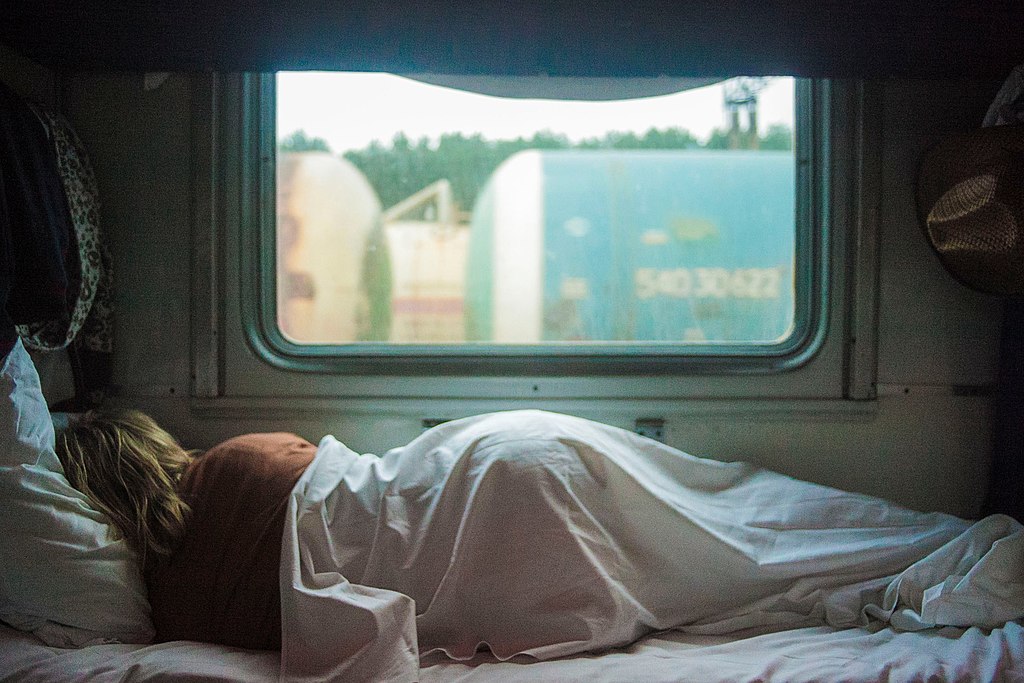This week, NATO accession protocols for Finland and Sweden were signed at a ceremony in Brussels. Putin’s brutal attack on Ukraine has had a number of unintended consequences — and this is one of them. For many people close to the Russian border, neutrality is simply no longer attractive.
It’s long been customary for privileged people whose skies are made safe by NATO to trash the alliance. Of course, it is good and correct to point out the alliance’s mistakes. On the other hand, as a native of Ukraine, I balk at the sheer entitlement and naïvete of Western anti-NATO activists. Not having to endure the fact that your family members have had to hide in dank basements from Russian rockets and mortars can make people ignorant as to the scope of the Russian threat — the threat of an imperialist, revanchist society intent on making people kneel, or kill them if they do not.
I’ve had fellow Americans feed me lines such as, “Russia’s not my enemy.” It’s darkly funny, because that feeling is not mutual. Ask your average Russian what he or she thinks of the United States. Even before the full-scale invasion of Ukraine in February of this year, the average Russian would have been hostile.
Citizens of powerful Western nations often feel that they can afford to be magnanimous to people who want them dead. Ukrainians? Not so much.
Today, I keep returning in my thoughts to a long train ride I took years ago, from a small city in the southern Urals to Moscow. We rode on the Platzkart train car on our Russian Railways train — i.e. a train car that’s an open, communal space. A father and son duo sitting next to me overheard me chattering to my son with an American accent and asked me about my life and my travels. At one point, the young boy I was talking to asked to see my U.S. passport. He ran his fingers over the many stamps on the slightly tattered pages. He and his dad thought I was cool, and that I’d lived a fun life.
That boy should now be old enough for the military draft in Russia. Is he in my native country, murdering people? Is his body moldering in a shallow grave? The question circles back to me over and over again, because I still remember his smiling, handsome face and how excited he was to meet someone who struck him as different. I was excited to meet him too. Unjust wars make idiots out of us, in the end. I do hope that if he is alive, he is not serving in the Russian war machine. I hope that, every once in a while, he does remember me, and that he’s not embarrassed or angry about our long conversation in the night, as the dark countryside rolled past us.
Unjust wars make idiots out of us, in the end
I would be lying if I said that my hatred of Russia has not overwhelmed me in recent months. I can’t afford to be “above the fray” — moreover, I think trying to be above the fray at a time like this is a moral catastrophe. If you’re waiting for a “but” statement to come at the end here, I have to disappoint you. There is no but. There is no way out of this rage and grief.
The human experience is strange and contradictory. I can remember the winter moon peeking into the windows of that train. I can remember how lovely those hours were. And I can hate and I can grieve. Even more so because I feel a deep betrayal — on behalf of me, on behalf of the people I love, and even on behalf of that nice dad and his well-mannered boy. We should not be living in a world where I want a bunch of Russians, among whom I lived for years, to be dead, but we are.
I hope Russians can muster the courage to purge the darkness at the heart of the Kremlin. I hope — but I don’t hold my breath. This is their fight, not mine. I cheer on NATO. I cheer on Ukrainians, who have shown the world what courage is like, even harder.
Maybe when death consumes us all, we can meet again under that same winter moon and talk like normal people once more. However, what I want most is for Ukrainians to live — and to triumph. I want the hungry Russian hydra to get its grinning heads lopped off. I want peace, yes, but I want it to be achieved through the grinding mechanisms of true justice.
Image: Kalegin Michail

